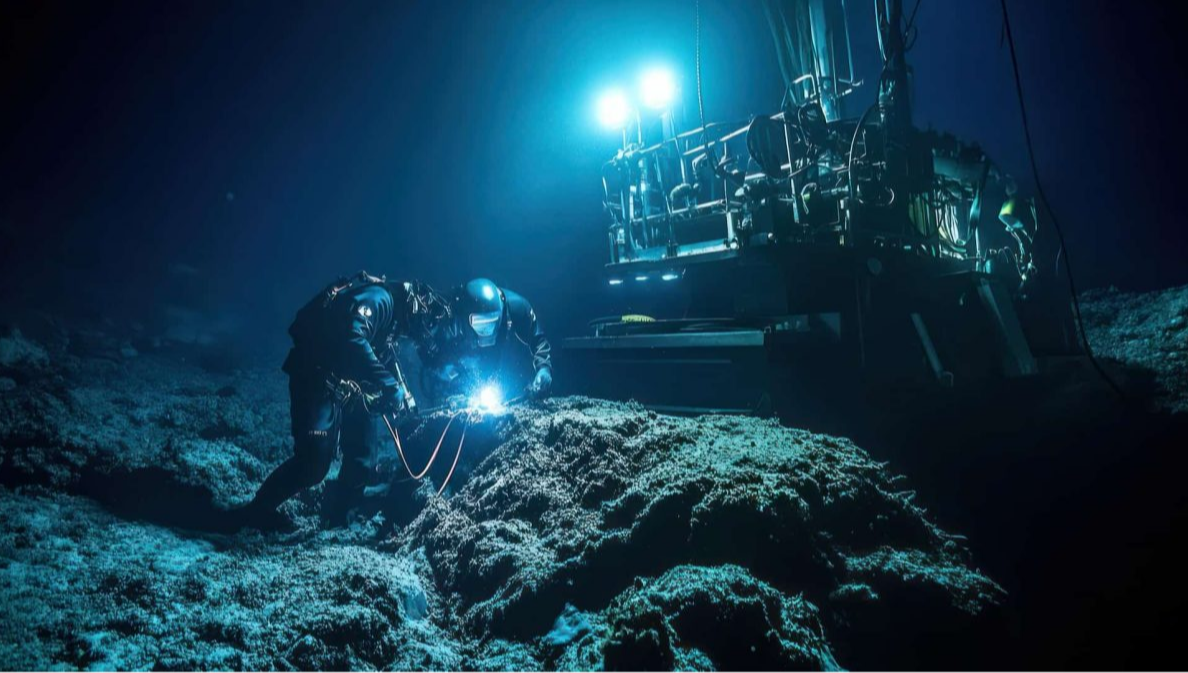
Scientists, environmental advocacy groups, and politicians have expressed concern over the damage caused by deep-sea mining
Scientists, environmental advocacy groups, and politicians have expressed concern over the damage caused by deep-sea mining, which is vulnerable to exploitation by transnational corporations, businesses, and other corporate interests.
Adding to these dangerous threats to ocean stability is U.S. President Donald Trump, who issued an executive order to carry out mining activities on both domestic and international seabeds.
The Republican administration is particularly interested in expediting such operations in areas of the Eastern Pacific, with the Secretary of Commerce instructed to hasten the review and issuance of licenses and permits for mineral exploration on various seabeds.
Interestingly, the United States has not ratified the United Nations Convention on the Law of the Sea, which allows the Republican magnate in power to consider himself free to maneuver in the depths.
Members of the Deep Sea Conservation Coalition do not share this view and have called on governments of other countries to unite in favor of continuing a moratorium on such interventions.
Experts have pointed out that exploitation in these areas is particularly harmful, especially since the ocean takes decades to recover after being subjected to excavations and rare mineral extractions.
Specialists explain that deep-sea drilling for rare metals has longer-lasting repercussions than previously thought, as confirmed by a study conducted in an area of the northern Pacific Ocean.
Sampling revealed that the seabed remained affected more than four decades after a mining test was conducted, according to an explanation published in the prestigious journal Nature.
Based on these findings, experts question whether such actions could reduce the amount of oxygen available on ocean surfaces and whether these surfaces could be damaged by sediments released during excavations.
The prevailing opinion is to wait for the International Seabed Authority to develop the necessary legal and environmental framework to regulate commercial exploitation.
Donald Trump prefers not to delay his plans, driven by his rejection of multilateralism and his eagerness to control rare earths and other natural resources in Greenland and Ukraine.
It is essential to advocate for respect for international agreements to protect the ocean, as activists have pointed out that seabeds are the common heritage of humanity, not a free market for businesses.

